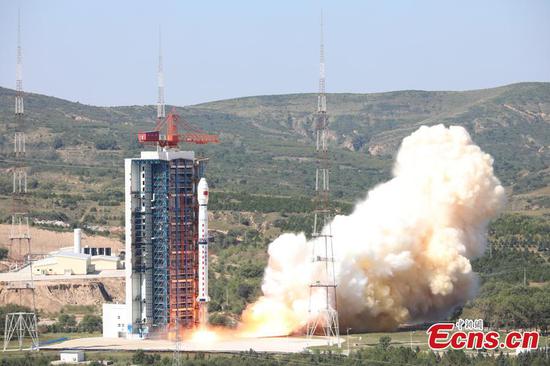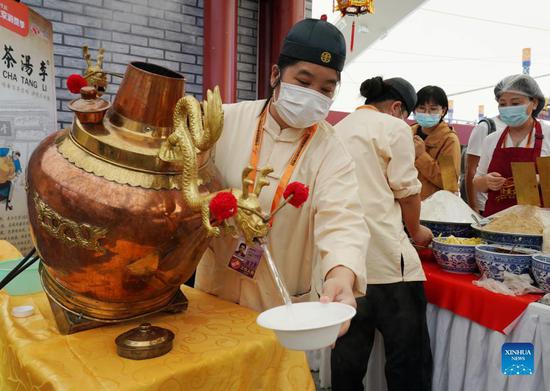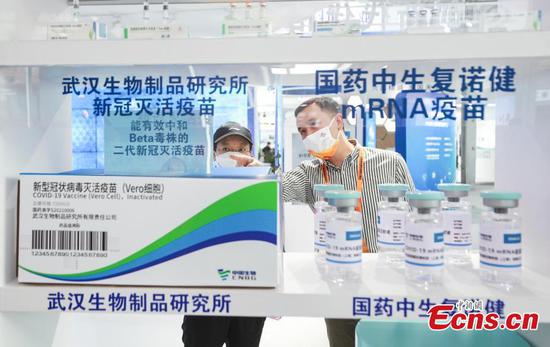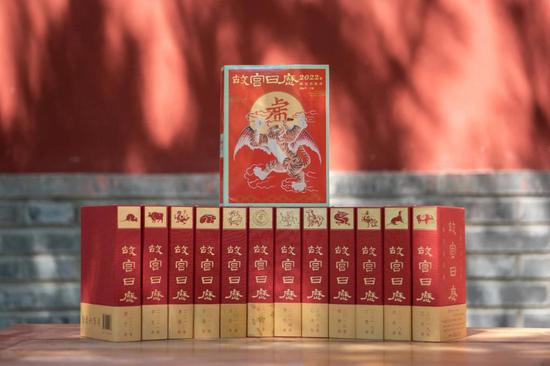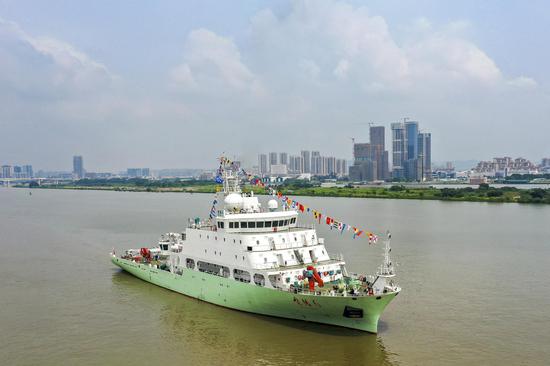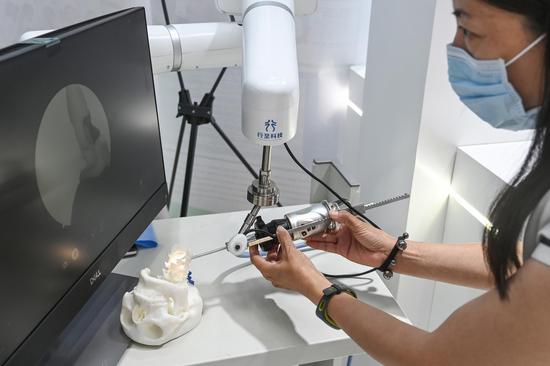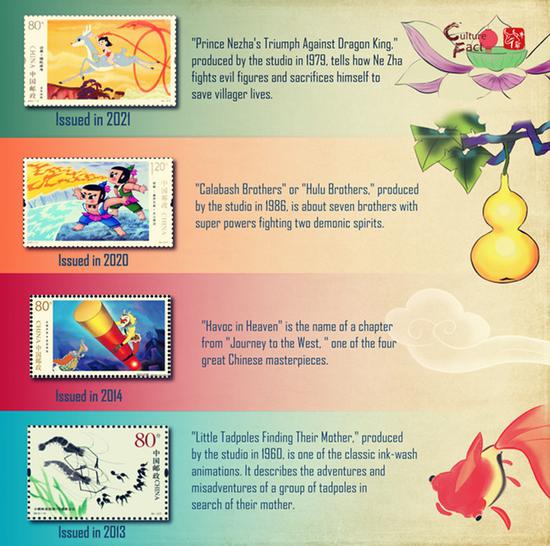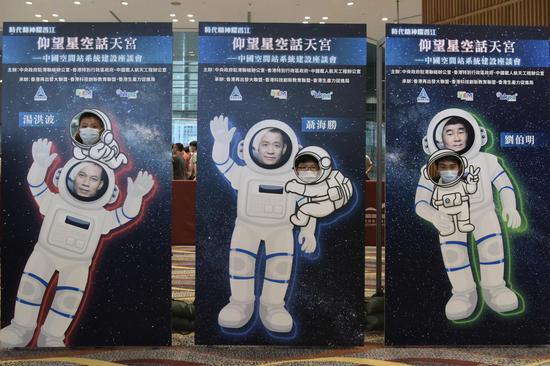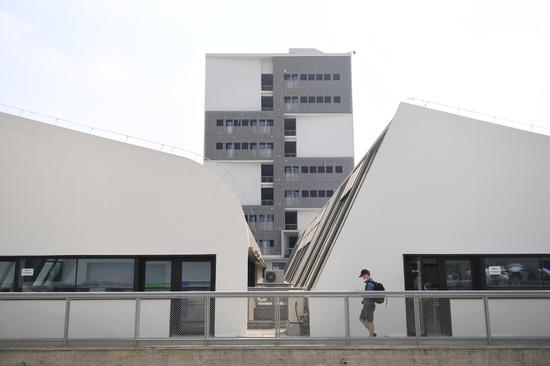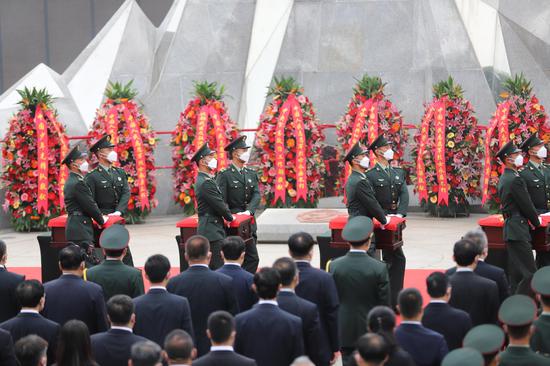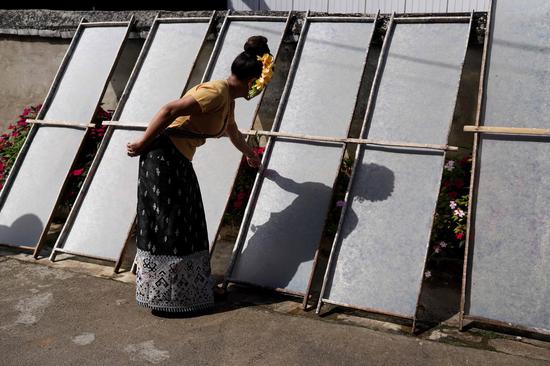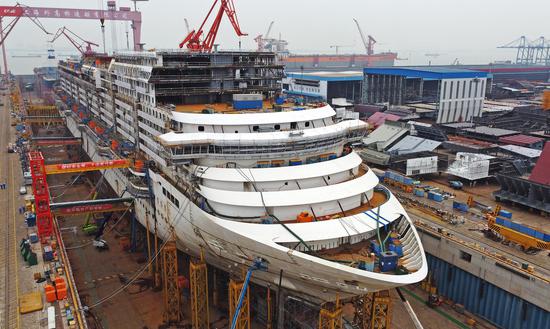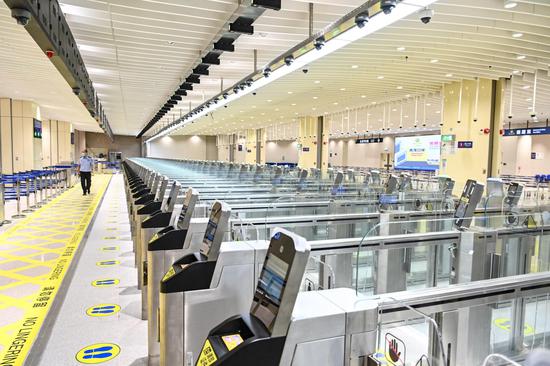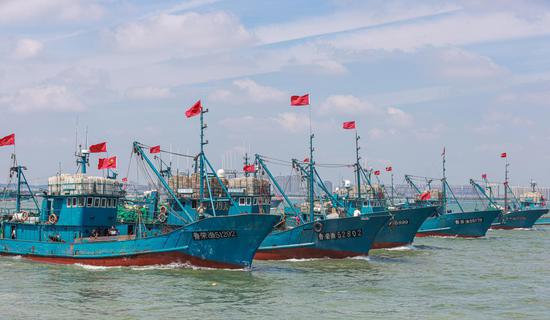The People's Bank of China, the central bank, will release all of the 300 billion yuan ($46.41 billion) new quota of relending funds to increase commercial banks' targeted credit supply to smaller businesses in the rest of this year, a senior official said on Tuesday.
The one-year relending interest rate is set at 2.25 percent, and the average lending rate for small and micro enterprises will be 5.5 percent.
Relending refers to loans issued by the central bank to financial institutions at a certain interest rate, which is a monetary policy tool that the former can employ to adjust the monetary base, in order to boost credit supply to a certain group of enterprises.
Commercial banks should issue loans to enterprises before the former can receive the relending funds from the central bank, to ensure such funds could be used in targeted areas, said Pan Gongsheng, deputy governor of the PBOC.
This measure was announced at an executive meeting of the State Council, China's Cabinet, on Sept 1.
Policymakers are convinced micro, small and medium-sized enterprises, or MSMEs, still face difficulties despite broader economic recovery from the impacts of COVID-19.
The recent surge in commodity prices has severely inflated MSMEs' operational costs. The central bank will, therefore, take measures to curb inflation and maintain price stability, Pan said.
Irrespective of when the United States and some other economies might make changes to their respective monetary policy, China's policy will remain in accordance with its domestic economic situation, so as to promote policy independence, Pan said.
"We have relatively large room for monetary policy changes. Our policy is still in the normalized range and we will not take 'flood irrigation type' of easing," the PBOC deputy governor said.
Zhang Anyuan, chief economist at China Securities, said the monetary policies of China and the US have shown a trend of divergence; and the US is likely to keep aggressive expansionary fiscal policy while the US Fed's withdrawal-"tapering"-of quantitative easing may not begin too soon.
China will maintain liquidity at an ample level while keeping the overall monetary policy stable, said Sun Guofeng, head of the PBOC's monetary policy department.
"Under the current circumstances, much liquidity may not be needed to keep the money market interest rate stable," he said.
A key gauge that can be used to figure if the liquidity is loose or tight is the seven-day repo rate in the interbank market, or DR007, instead of the excess reserve ratio (or the part higher than the required reserves), Sun said.
In August, official data showed the average DR007 was at 2.15 percent, 5 basis points lower than the seven-day reverse repo rate, which indicated the stable running of the money market.
Sun said he is confident the PBOC has sufficient policy tools to stabilize liquidity, although the rise of fiscal expenditure and government bond issuance may result in tight financial conditions over a short period of time.
"In the next few months, the supply of, and demand for, liquidity will basically remain balanced, and there will be no large gap (of base money)."













